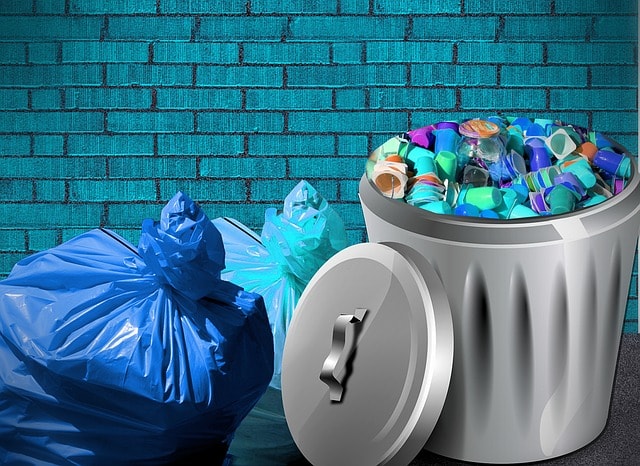Starting a recycling business is a great way to both give a second life to materials that would end up as waste and capitalize on a vibrant industry. One man’s trash can literally be another man’s treasure, and this is a business that is much more accessible than many people think. However, it will require an initial investment in money and effort, as well as a solid knowledge base if you want to make it work. Let’s take a look at what it takes to start a successful recycling business.
Start Looking for a Niche
The recycling business is vast, and you’ll have to take a different approach depending on which area you want to specialize in. For instance, someone who’s in the metal recycling business will have a whole different business model than someone who works with plastic or cardboard/paper.
One example is that metal recycling businesses don’t necessarily have to deal with the collection, as recyclers will usually come to them. On the other hand, those who are involved in the plastic or cardboard recycling industry can start selling by the bale without worrying about transformation. The demand is also much more different depending on the sector. Each niche has its pros and cons, and some are easier to start in than others, so do your research first.
Start Budgeting
Now you should start etching out a budget for your business. Be careful here not to lowball and look for the best possible options. For instance, chances are you’ll have to invest in a baler machine at the very least if you want to get in the plastic or paper recycling business. While you can budget for a used baler, don’t make the mistake of only considering the cheapest options for things like baling wire for instance.
While it may seem like a minor detail at first, using the wrong baling wire could end up in disaster if you decide to store bales outside and the wires start corroding and snapping. Or if you lose material during shipment because one or multiple bales came undone. So, if you’re going to buy baling wire, we suggest you start looking at sites like www.balingwiredirect.com and see what you can expect to pay for top quality box wire.
After this is done, you have to factor in costs for space, other equipment like forklifts and pallets, and employees as well.
Form your Business and Get your License
You’ll then need to consider the legal structure for your business and get the proper license. Most people will start with an LLC since they won’t be charged as much tax as corporations, without the risk to personal assets sole proprietorships pose.
Once your business is formed and you get your license, you’ll also have to look at the potential permits you’ll have to apply for. For instance, if you’re going to be handling hazardous materials like mercury coming from batteries or electronics, or there are possible issues like wastewater management that concern your particular niche; chances are you’ll have to apply for specific permits and make sure that you remain compliant.
Conclusion
Now that your business is official, it’s all about marketing your business and finding the right suppliers and clients. Recycling can be a great business, but make sure that you understand the ins and outs of it before you make the jump and don’t be afraid to seek assistance first.
To read more on topics like this, check out the business category.

 2018 ·
2018 ·